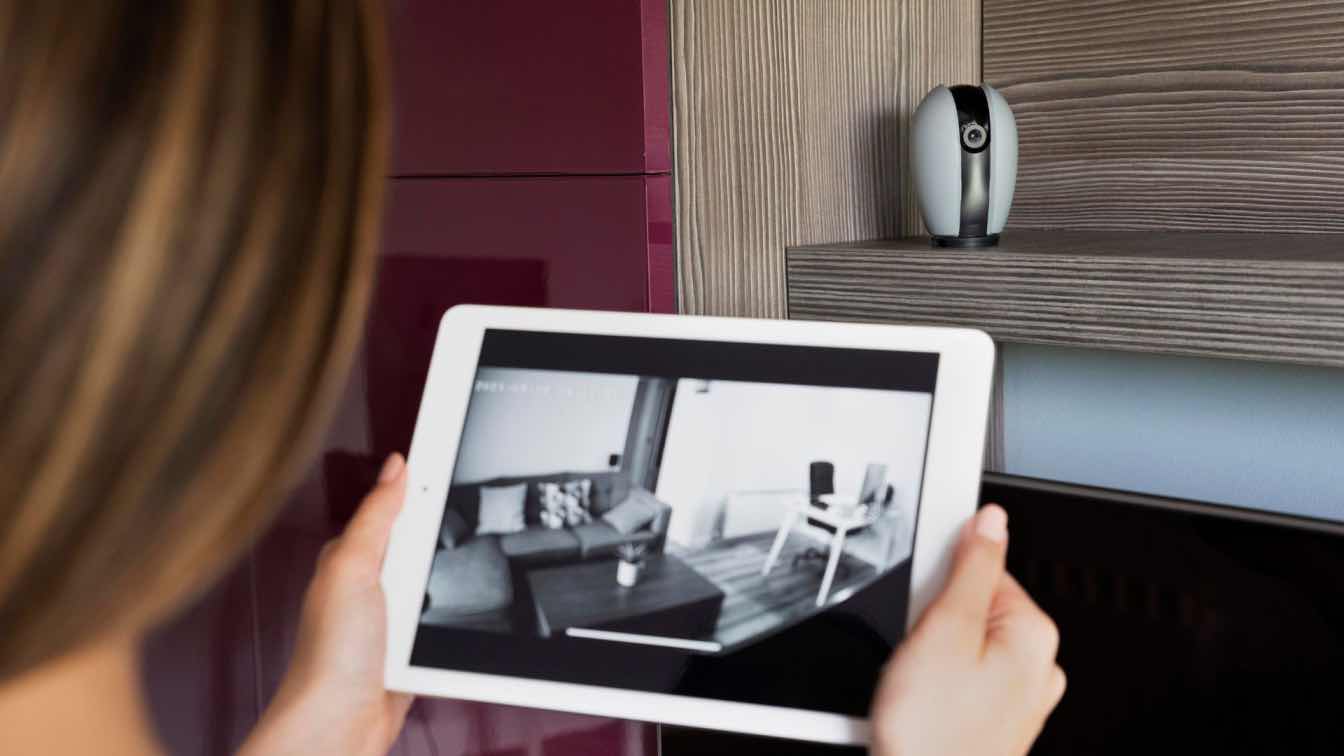Owning a swimming pool is a refreshing luxury, but it comes with the responsibility of regular maintenance. Neglecting your pool can lead to murky waters and potential health hazards. To keep your swimming oasis in top-notch condition, it's crucial to adopt a proactive cleaning routine. Here are six practical cleaning tips to help you maintain a crystal-clear pool throughout the seasons.
1. Robotic Equipment for Effortless Cleaning
In the era of technological advancements, maintaining a pristine pool has become even more convenient with the introduction of robotic pool cleaners. These intelligent devices autonomously navigate the pool, efficiently removing dirt, debris, and algae from every nook and cranny. Equipped with an advanced sensor and cleaning brush, a robotic pool cleaner saves you time and effort and ensures a thorough and consistent cleaning performance. Simply place the robot in the water, press a button, and watch it go to work, leaving you with a sparkling clean pool without manual intervention.
2. Skim and Scrub Regularly
The first line of defense against a dirty pool is regular skimming and scrubbing. Use a skimmer to remove leaves, debris, and insects from the water's surface. Additionally, scrub the pool walls and floor to prevent the buildup of algae and other contaminants. This simple yet effective routine, performed at least once a week, will significantly contribute to the overall cleanliness of your pool.
Invest in a Quality Skimmer
Start by investing in a quality skimmer that can efficiently remove debris from the pool's surface. A skimmer with a fine mesh net is particularly effective in capturing small particles like leaves and insects. Make it a habit to skim the water's surface at least once a day, especially during the peak of the swimming season.
Use a Pool Brush for Walls and Floors
Algae and grime can accumulate on the pool walls and floor, leading to unsightly stains and slippery surfaces. Regularly use a pool brush to scrub these areas and prevent the buildup of contaminants. Focus on corners, steps, and other often-neglected spots to ensure a thorough cleaning.
Check and Clean Skimmer Baskets
Your skimmer basket plays a crucial role in trapping larger debris before it reaches the pool's filtration system. Check and clean the skimmer basket regularly, ideally every week, to maintain optimal skimming efficiency. A clogged basket can impede water flow and strain the entire pool system.
Schedule Deep Cleaning Sessions
In addition to your routine skimming and scrubbing, schedule deep cleaning sessions periodically. This involves a more thorough cleaning of pool walls, tiles, and any hard-to-reach areas. A deep clean, perhaps once a month, helps prevent the buildup of stubborn algae and ensures a pristine swimming environment for you and your guests.
3. Maintain Optimal Chemical Levels
Regularly testing and adjusting the chemical levels in your pool is akin to maintaining the heartbeat of its water quality. The pH level is crucial - it should ideally range between 7.4 and 7.6 to ensure comfort for swimmers and maximize the effectiveness of chlorine. Speaking of which, maintaining an appropriate chlorine level (usually between 1.0 and 3.0 parts per million) is paramount for disinfection, preventing the growth of harmful bacteria and algae. Alkalinity, another vital factor, acts as a buffer for pH, helping to stabilize it.
4. Invest in a Quality Pool Cover
Choosing the right pool cover is a crucial investment in the longevity and cleanliness of your swimming pool. Opt for a cover made from durable materials that can withstand varying weather conditions. A high-quality pool cover acts as a barrier, preventing leaves, debris, and even sunlight from directly affecting your pool water. This not only reduces the frequency of skimming and scrubbing but also minimizes the strain on your filtration system.
5. Run the Filter System Adequately
Your pool's filtration system is its kidneys, continuously working to remove impurities. Run the filter for an adequate amount of time each day, usually 8 to 12 hours, depending on factors like pool size and usage. Regularly clean or replace the filter cartridges to ensure optimal efficiency. This consistent filtration process is crucial for maintaining water clarity and preventing the accumulation of contaminants.
Regular Monitoring
Keep a vigilant eye on the pressure gauge of your filter system. A sudden increase in pressure is a sign that the filter is becoming clogged and needs cleaning. By monitoring this gauge, you can proactively address any issues before they impact water clarity.
Backwash When Necessary
Backwashing is a simple yet effective method to clean a sand or DE (diatomaceous earth) filter. When the pressure gauge indicates a 25% increase over the normal operating pressure, it's time to backwash. This process reverses the water flow through the filter, flushing out trapped debris and contaminants.
Clean Skimmer Baskets and Pump Strainer
The skimmer baskets and pump strainer are the first line of defense against debris entering the filter. Regularly check and clean these components to prevent them from becoming clogged. Clean skimmer baskets and a clear pump strainer allow for optimal water flow, reducing strain on the filtration system.
Schedule Routine Filter Maintenance
Beyond backwashing, your filter requires periodic deep cleaning. Follow the manufacturer's recommendations for disassembling and cleaning the filter elements. This may involve hosing down cartridge filters or disassembling DE filters for a thorough cleaning. Regular maintenance ensures that your filter operates efficiently, keeping your pool water clear and inviting.
6. Shock Your Pool When Needed
Despite regular maintenance, your pool may face challenges from time to time, such as an unexpected surge in pool usage, prolonged periods of intense sunlight, or heavy rain. These conditions can create a breeding ground for stubborn bacteria and algae that ordinary chlorination may struggle to combat. To maintain water clarity and ensure a safe swimming environment, shock your pool by adding a concentrated dose of chlorine. This shock treatment effectively eliminates any lingering microorganisms, revitalizing your pool and restoring it to its pristine condition.
A clean and well-maintained swimming pool enhances your outdoor experience and ensures a safe environment for all swimmers. By incorporating these six cleaning tips into your routine, you'll not only preserve the aesthetic appeal of your pool but also extend its lifespan. Remember, a proactive approach to pool maintenance is the key to enjoying sparkling, crystal-clear waters year-round.





